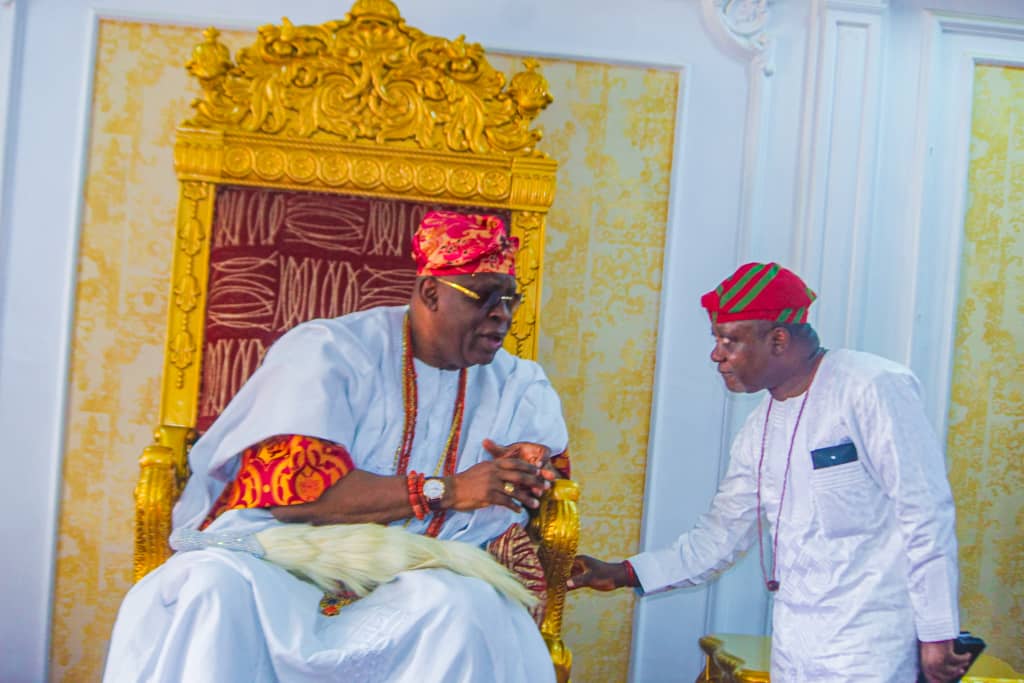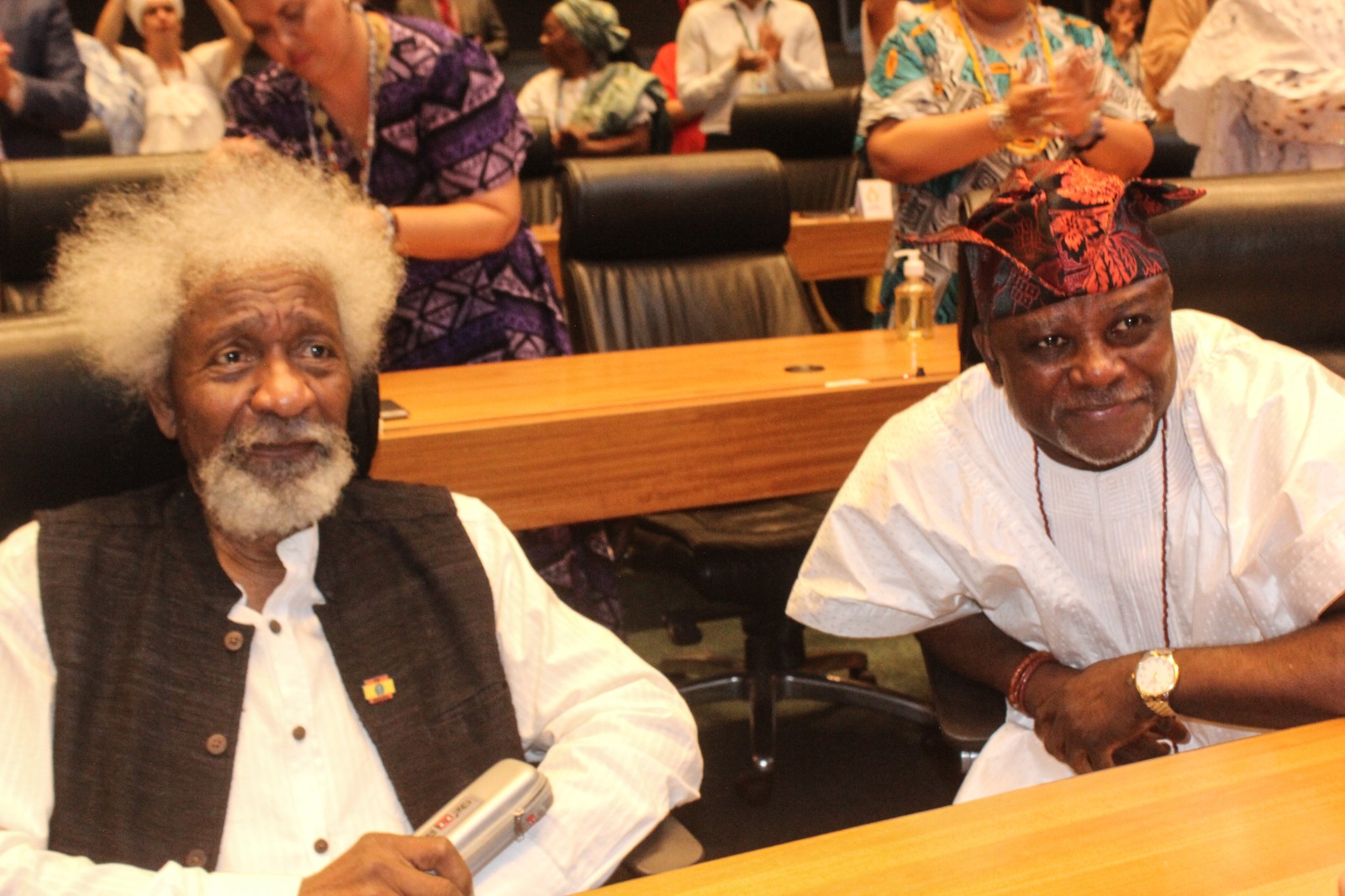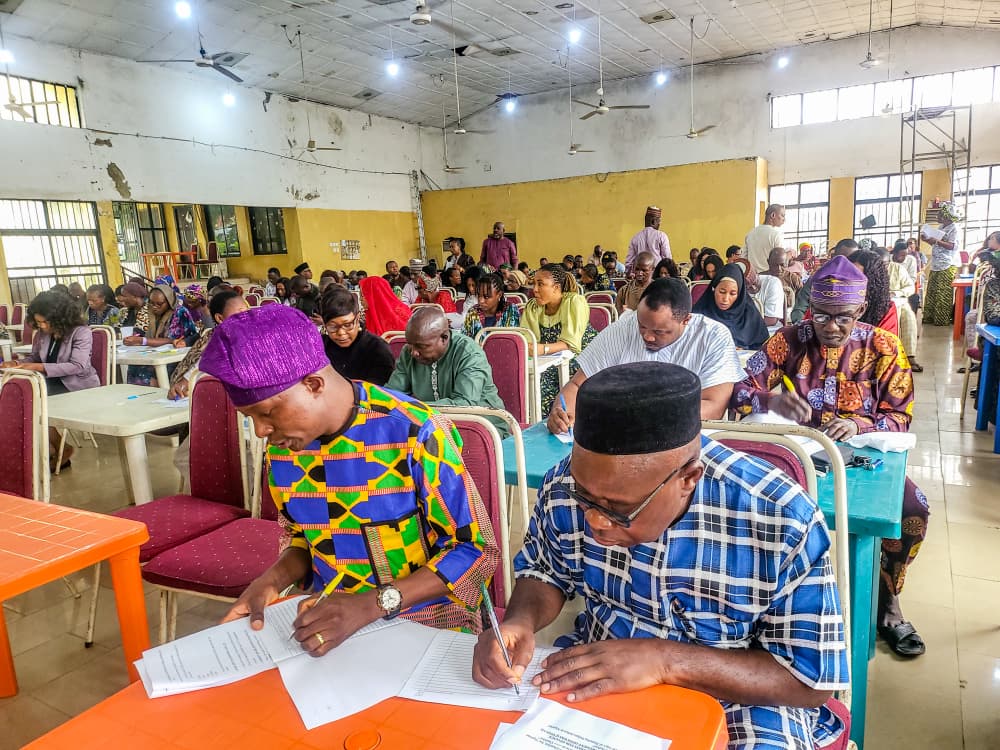 Government has been called upon to encourage patronage of local products, especially in the creative industries, medicine, agriculture, food production, education and the media, and that the neglect of such cultural aspects of our lives is a disincentive to local initiatives and know-how.
Government has been called upon to encourage patronage of local products, especially in the creative industries, medicine, agriculture, food production, education and the media, and that the neglect of such cultural aspects of our lives is a disincentive to local initiatives and know-how.
Former arts editor, The Guardian on Sunday, Mr. Ben Tomoloju, made this call in Abuja, Tuesday, October 29, 2013, while delivering a paper, titled, “Culture and the media in the transformation agenda,” at the 3-day NICO national media workshop on repositioning Public officers for improved productivity, regretting particularly that the culture sector had been ignored and neglected in government’s transformation agenda.
Decrying the situation where many industries have been neglected, Tomoloju cited the case of the Abeokuta steel project, which, he said, was due to its overwhelming dependence on imports, stressing that it would have been quite rewarding, cost-effective and a major incentive to a vast population of the Nigerian work-force if our traditional models and skills had been mobilized and adapted through research as the springboard for the iron and steel industry.
He therefore opined that government and indeed Nigerians need to appreciate the dynamics of our culture and that the media had a great role to play in this regard: “The media has a leadership role to play in this area. Unfortunately, a section of the Nigerian electronic media has caved in so badly to foreign influences that even the mannerism of individual broadcasters using the English language is not just apish but outrageous. This type of alienating mentality can hardly win the desired loyalty from the people.”
“The Nigerian media has to respect the culture of the Nigerian people in order to carry them along in task of impacting their consciousness on a home-town initiative like the transformation agenda. The journalist, in whatever capacity, should evince a thorough understanding of the subject. Also, messages from the media, conventional or alternative, should go beyond mere perfunctory sloganeering and bland propaganda. Rather, they should be aimed at enabling Nigerians to internalize the intention, templates and deliverables of the agenda,” he said.
On the role of the media in relation to the transformation agenda of the present administration, Tomoloju said it required, among other factors: “the light of the media to spread awareness about it, educate the people, mobilise ideas;” and that, “the agenda offers rich menu for development journalism whereby the media can actually lead the transformational vision and motivate the populace towards positive action.”
He further stressed that, looking at the transformation agenda, one of the opinions that it had much to gain from the urban media as their grassroots counterparts, a number of the development targets of the agenda, such as agriculture, education, power, transportation, roads, inland waterways and Niger Delta, have substantial rural content and would, therefore, require specially designed media strategy to connect and carry along the masses in the hinterland.
Amaka Nnoaham
Corporate Affairs Unit
NICO Abuja


